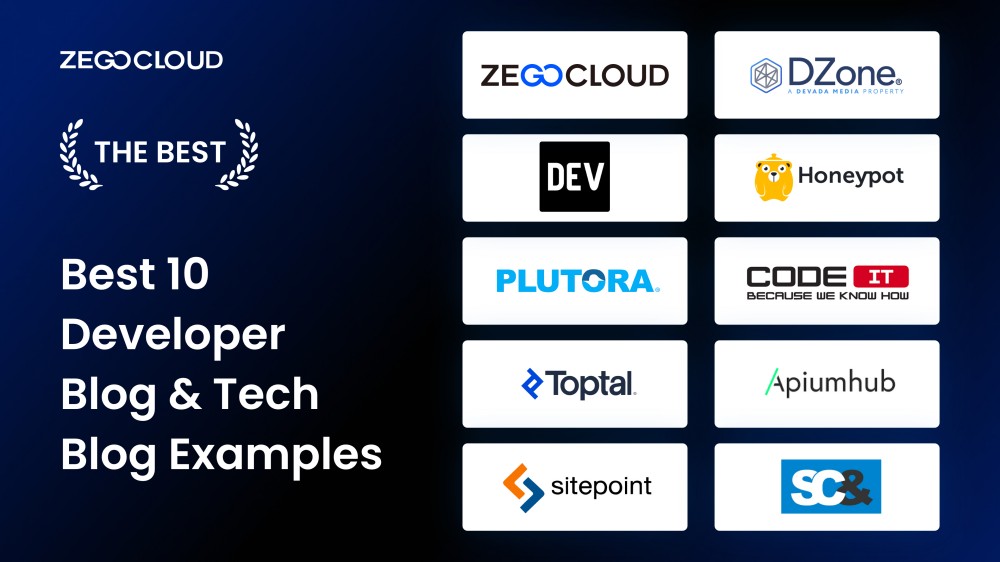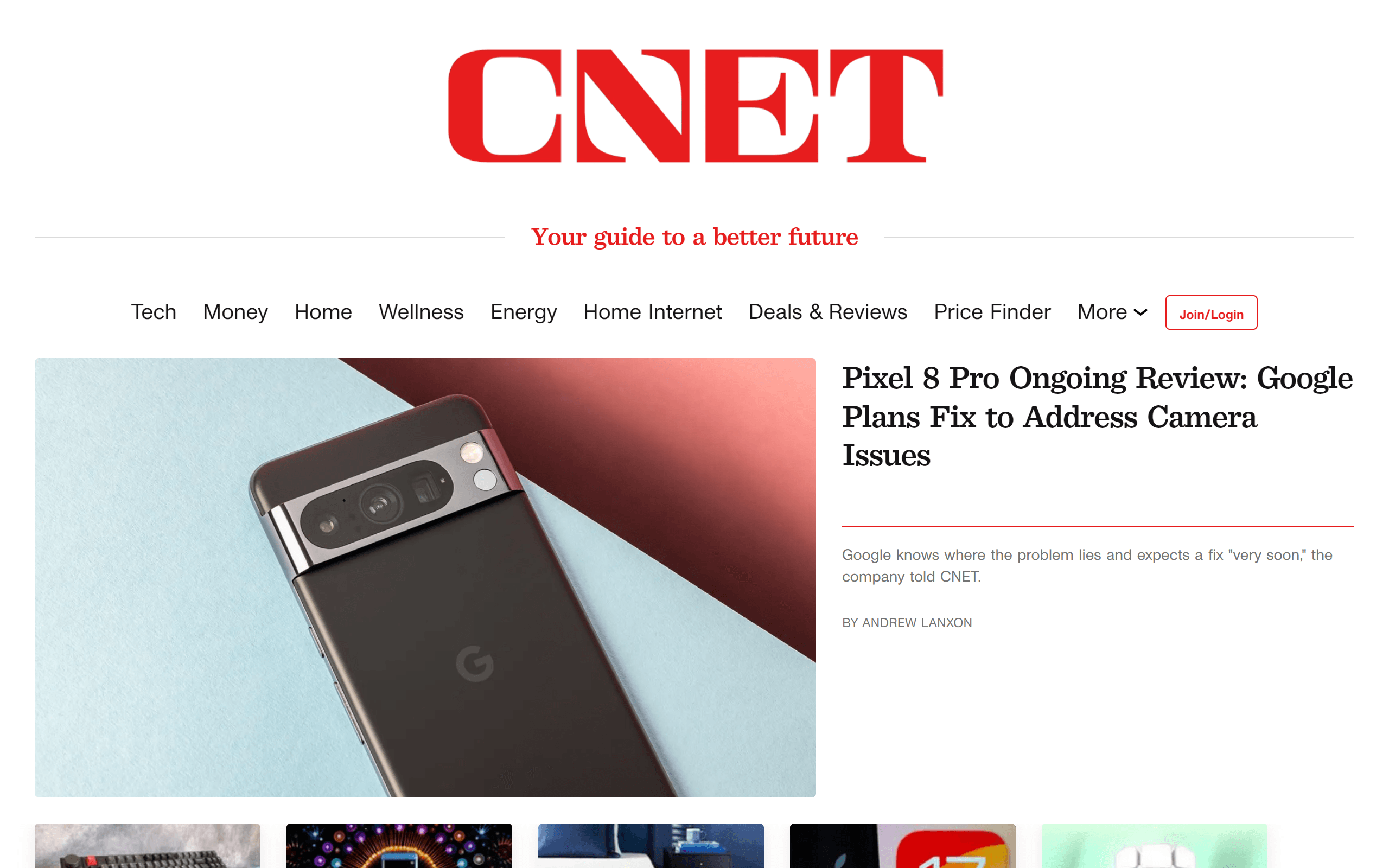Check Out Thought-Provoking Articles on the Best tech blog for Tech Lovers
Check Out Thought-Provoking Articles on the Best tech blog for Tech Lovers
Blog Article
How Blockchain Technology Is Revolutionizing Data Safety And Security
Blockchain technology is basically modifying the landscape of data security by presenting a decentralized framework that guarantees enhanced transparency and strength. Unlike conventional systems, which count on centralized information databases, blockchain distributes information throughout a network, reducing susceptabilities and single points of failing. The use of sophisticated cryptographic strategies makes certain that data stays tamper-proof, cultivating count on amongst stakeholders and individuals.
The Essentials of Blockchain
Blockchain technology, a revolutionary concept in digital data administration, essentially changes exactly how details is stored and secured. At its core, a blockchain is a distributed journal that videotapes transactions across a network of computers, making sure openness and immutability.
Trick to recognizing blockchain is the hashing procedure, which encrypts deal data right into an one-of-a-kind alphanumeric code. This cryptographic function guarantees that any type of change in the purchase data causes a completely different hash, consequently guarding versus tampering. The consensus mechanism, an additional crucial component, validates and confirms new deals through a network of nodes, thereby removing the demand for a central authority.
Additionally, blockchain's append-only structure ensures that information, as soon as included, can not be erased or altered. This particular assurances a long-term and verifiable record of purchases, promoting depend on among individuals. Therefore, blockchain offers a durable structure for data honesty, using markets a trusted technique for tracking and handling digital details in a safe and secure, clear way.
Decentralization and Safety
Decentralization, a core concept of blockchain innovation, dramatically enhances data safety by dispersing control across a network rather than depending on a single, central entity. By dispersing data throughout many nodes, blockchain ensures that also if one node is endangered, the whole network remains secure.

Each participant in the network has accessibility to the entire blockchain, allowing them to validate and investigate transactions independently. On the whole, decentralization is crucial in boosting information safety in blockchain networks.

Cryptographic Techniques
At the heart of blockchain modern technology, cryptographic methods play a pivotal duty in protecting information, guaranteeing both confidentiality and honesty. These methods are fundamental to the blockchain's capability to securely videotape purchases in a decentralized manner. Cryptography in blockchain utilizes a combination of symmetrical and crooked formulas to encrypt data, making it available only to licensed events - Best tech blog. Public and private essential pairs are central to this procedure, enabling safe verification and identity verification without exposing delicate details.
Hash functions are an additional vital element, transforming input information right into a fixed-size string of personalities, efficiently creating an unique electronic finger print for every block. This guarantees that any effort to change the data will certainly lead to a totally different hash, hence preserving the immutability of the blockchain. Additionally, digital trademarks verify the credibility and honesty of deals, providing a layer of non-repudiation.
The decentralized nature of blockchain, integrated with robust cryptographic strategies, gets rid of the demand for middlemans, reducing possible vulnerabilities. As blockchain technology advances, improvements in cryptography such as zero-knowledge proofs and homomorphic encryption remain to enhance protection procedures, even more strengthening data defense in this innovative electronic ledger system.
Usage Cases Across Industries

In the healthcare industry, blockchain guarantees the protected storage and sharing of client records, promoting interoperability while safeguarding sensitive information from unapproved accessibility. This modern technology encourages individuals with control over their case history and assists in seamless coordination among doctor.
Supply chain management advantages substantially from blockchain's immutable ledger, which makes certain traceability and credibility of products from origin to customer. By boosting transparency, blockchain helps mitigate issues such as counterfeiting and underhanded sourcing.
In addition, blockchain's decentralized nature is reshaping the power industry by enabling peer-to-peer power trading, where customers can navigate to this website buy and sell excess renewable energy straight. This promotes an extra sustainable and reliable energy community.
In the realm of intellectual residential property, blockchain offers a tamper-proof system for makers to register and safeguard their works, making certain rightful acknowledgment and fair payment. These varied use instances underline blockchain's duty as a crucial pressure in redefining data safety and security throughout sectors.
Future of Information Security
As we aim to the future of information protection, blockchain modern technology is positioned to play a critical duty in protecting electronic details. With its decentralized and immutable characteristics, blockchain uses a robust framework for protecting sensitive data versus unapproved gain access to and cyber risks. This technology guarantees that as soon as information is taped, it is nearly impossible to alter without discovery, hence offering a substantial benefit over conventional data storage space techniques.
The integration of blockchain with various other advanced modern technologies, such as expert system and the Net of Points (IoT), is expected to boost information security techniques better. By leveraging clever agreements, companies can apply and automate safety methods, reducing human error and increasing effectiveness. Additionally, blockchain's ability to provide transparent and traceable transactions will bolster depend on and liability in data management techniques.
As regulative landscapes evolve, blockchain's compliance-friendly nature will come to be significantly pertinent. It can aid organizations meet stringent data protection guidelines, such as the General Data Defense Guideline (GDPR) and the California Consumer Personal Privacy Act (CCPA), by providing verifiable documents of data processing activities. Ultimately, blockchain's special features position it as a transformative device in the ongoing quest to safeguard the electronic world against ever-evolving cyber dangers.
Conclusion
Blockchain modern technology stands for a paradigm shift in information security by leveraging decentralization and cryptographic strategies to improve openness, trust fund, and information integrity. Its capacity to get rid of solitary points of failing and utilize consensus systems considerably minimizes the danger of fraud and cyberattacks. This innovative framework not just empowers users with better control over their information however additionally straightens with governing compliance. As cyber threats progress, blockchain becomes a crucial tool for durable information security throughout various sectors.
Blockchain technology is basically changing the landscape of data safety by presenting a decentralized structure that promises boosted openness and durability. Unlike standard systems, which count on central information databases, blockchain distributes information across a network, minimizing vulnerabilities useful source and single points of failing.Decentralization, a core concept of blockchain technology, substantially enhances data safety by dispersing control across a network rather than relying on a singular, centralized entity.At the heart of blockchain technology, cryptographic methods play a critical duty in securing information, guaranteeing both privacy and stability.Blockchain innovation stands for a standard change in information protection by leveraging decentralization and cryptographic techniques to improve transparency, trust, and data integrity.
Report this page